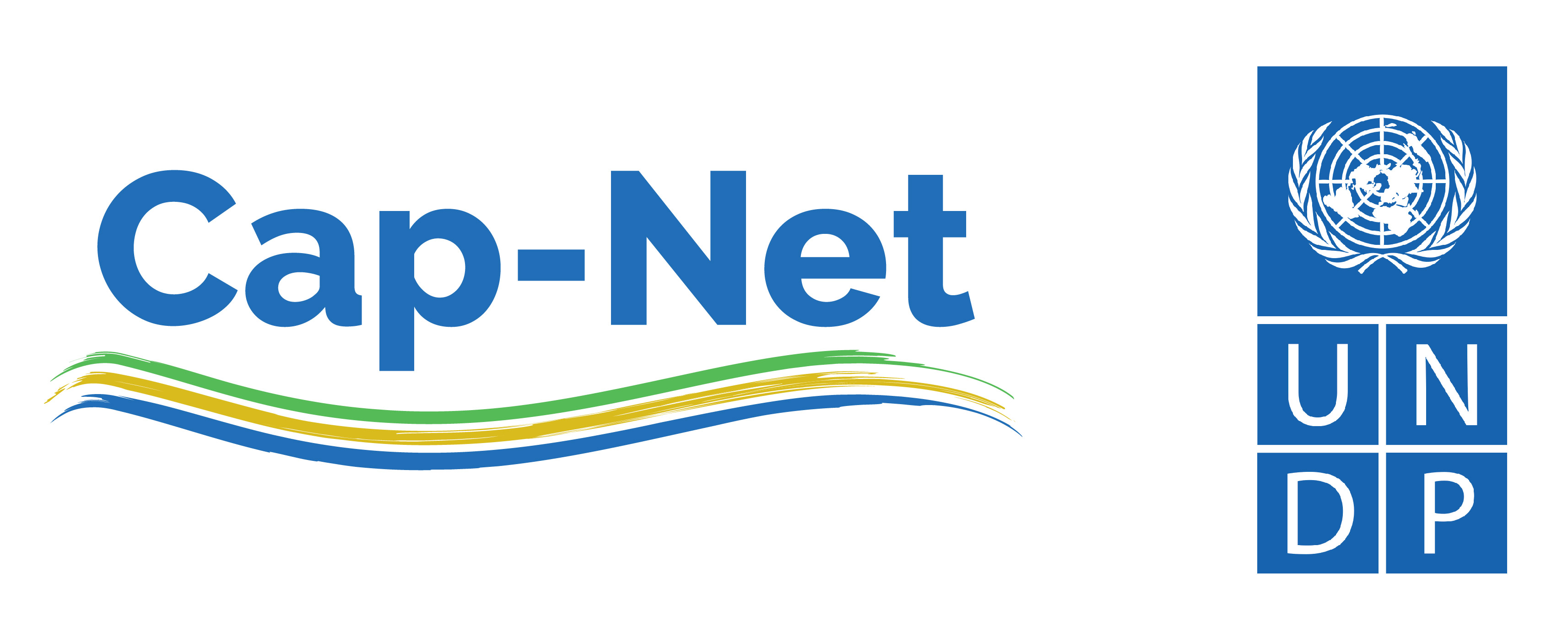As part of the 2030 Agenda for Sustainable Development, adopted by all UN Member States in 2015, countries have committed to “implement, by 2030, integrated water resources management at all levels, including through transboundary cooperation as appropriate” (SDG target 6.5). In line with the indivisible nature of the SDGs, achieving SDG 6.5.1 requires that attention be paid to gender mainstreaming, in line with SDG 5 on gender equality and empowering all women and girls. Progress on SDG 6.5.1 is monitored by the UN Environment Programme (UNEP) through a survey instrument, which all UN member states are invited to fill in approximately every three years, starting in 2017. The SDG 6.5.1 survey contains a gender-related question on the inclusion of gender in laws/plans or similar in water resource management (WRM) (Question 2.2d). Results of the 2017 baseline survey on SDG 6.5.1 showed that gender-related aspects were among the least advanced among all aspects of IWRM. The 2020 country responses to the gender-related question showed that the global average score for the gender-related question had risen from 45 out of 100 in 2017 to 54 by 2020, revealing definite progress, although clearly much more needs to be done.
Advancing towards gender mainstreaming in water resources management
In 2020-21, the SDG 6 IWRM Support Programme carried out a study in order to understand the bottlenecks to acceleration on this topic, as well as showcasing and disseminating a range of practices that have been implemented around the world, highlighting common gaps, challenges and constraints, and key enabling factors, and providing recommendations on how to strengthen current practices. A first draft was prepared and underwent a consultation process to capture feedback from national and local governments, international development partners, non-governmental organisations, academic institutions, and any other interested party, on how best to achieve gender mainstreaming in IWRM. The findings are published in a report on “Advancing towards gender mainstreaming in water resources management” available here for download. A Policy Brief summarising the main findings and recommendations of the report was also published and is available for download here.
Check out the interview with the authors of the report to learn more about the findings of the study:
Learning Exchange on Gender mainstreaming in water resources management
To advance in the shared understanding on this important topic, a Learning Exchange on Gender Mainstreaming in WRM was organised on September 16th, 2021, with the following objectives:
- To present the findings of the study on gender mainstreaming in WRM;
- To better understand and discuss how to advance on the key enablers and bottlenecks for gender mainstreaming in WRM, overcoming common bottlenecks for those working on SDG 6.5 and SDG 5;
- To understand the need for support from national governments and other stakeholders to overcome those bottlenecks.
Apart from a presentation of the key findings of the study, the event featured speakers from UNEP, UNEP-DHI, UN Women and GWP. Moreover, participants heard from Country Focal Points on their experiences and lessons learned and had the opportunity to discuss challenges and lessons learned with other peers.
The recordings of the two sessions will be available soon.
If you are interested in finding out more about gender in water resources management, find out more about GWP's Gender Strategy here.



